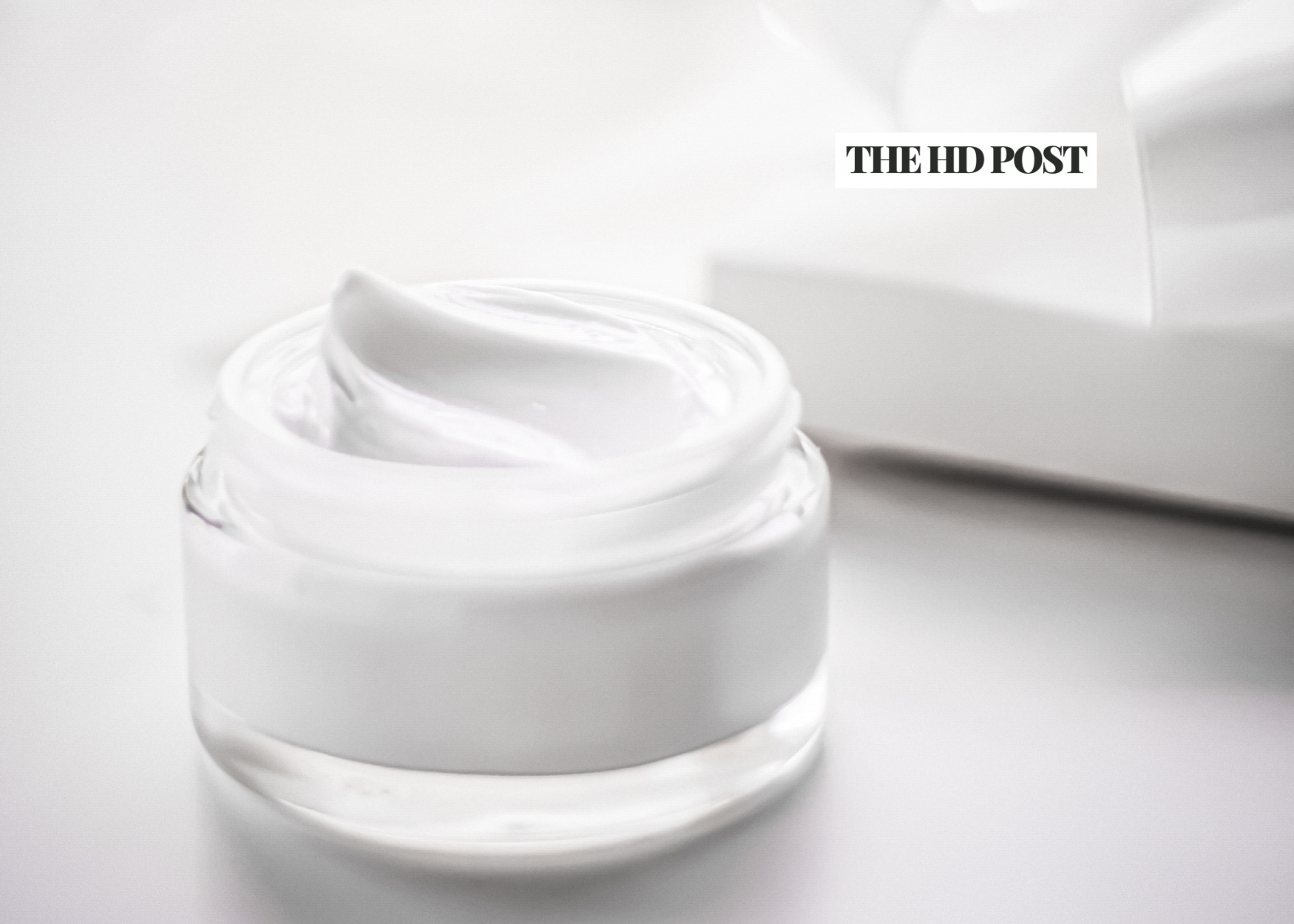
CALIFORNIA – Attorney General Rob Bonta announced, January 30, a settlement with Amazon over claims that they allowed the sale of skin-lightening creams with high mercury levels into the state.
As part of the settlement, Amazon will pay nearly $600,000 in penalties and attorney fees. They also agreed to stop selling creams with high mercury levels through its website to California.
The settlement is subject to court approval.
“Today’s settlement reflects that commitment, and we will continue to hold accountable those who violate our state environmental and consumer laws,” said Bonta.
Products include Chandni Skin Whitening Cream, Espinicida Voam, and Dr. Japan Skin Lightening Complex
Under Proposition 65, businesses must clearly warn people if they could be exposed to chemicals known to cause cancer or harm reproductive health.
“Mercury is a powerful neurotoxin that impairs the nervous system, and prenatal exposure can impede normal development in fetuses and young children. Exposure to mercury can lead to irritability, muscle incoordination, memory loss, brain damage, and even death,” said the new release.
It goes on to say that mercury can be absorbed through the skin, and it can spread to surfaces, exposing children and others in the home.
Although Amazon didn’t make the products, it sold and delivered face creams with mercury levels over the maximum limit to customers in California.
The products listed in the complaint include Chandni Skin Whitening Cream, Espinicida Voam, Dr. Japan Skin Lightening Complex, Kanza Beauty Cream, Dr. Yanhee Whitening Cream (purple cream), Nano Extra White, 4K Plus Night Cream and La Milagrosa Facial Cream.
Amazon agrees to stop selling products
Following his investigation, Bonta asked Amazon to stop selling face creams with excessive mercury.
The settlement requires Amazon to keep using and updating its rules to block mercury-filled creams, hire an expert on these products, and make a list of safe brands without mercury.
RELATED: Class action filed against Neutrogena for falsely advertising makeup wipes as plant-based

